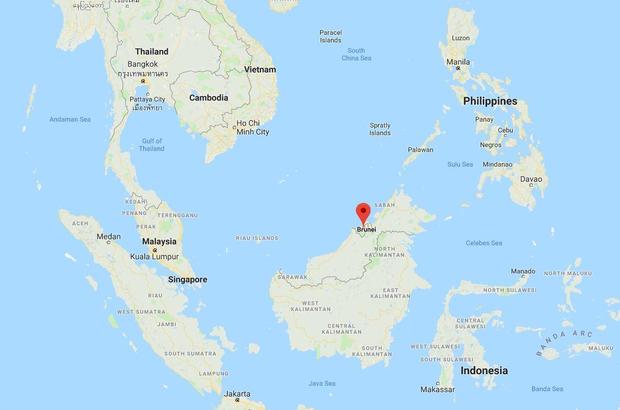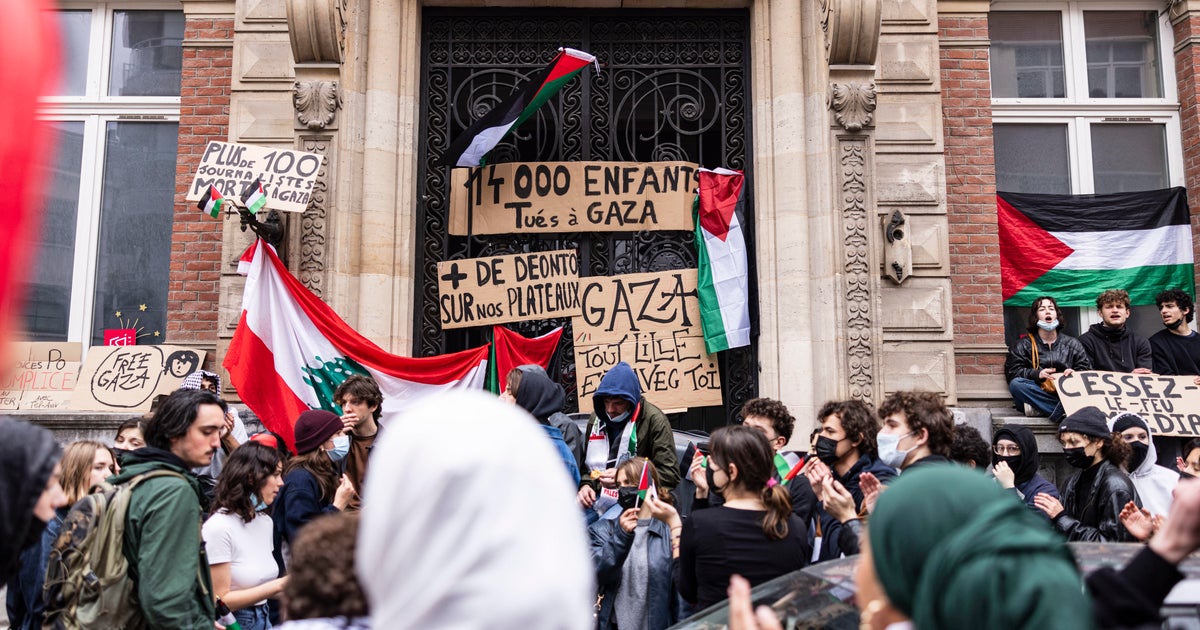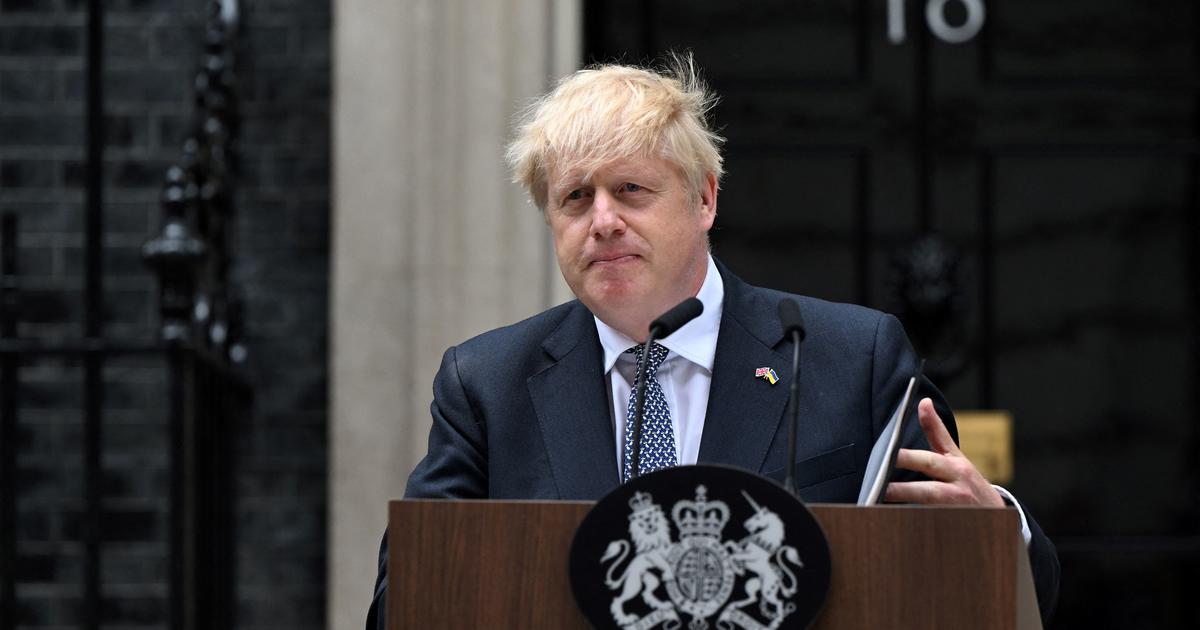Brunei says it will not enforce gay sex death penalty after worldwide protests of new laws
In comments on Sunday, the sultan of Brunei said his country would not execute people under controversial religious laws which allow those convicted of adultery and gay sex to be stoned to death.
"For more than two decades, we have practiced a de facto moratorium on the execution of death penalty for cases under the common law," Sultan Hassanal Bolkiah said, adding that the same de facto moratorium would apply to Brunei's new sharia laws.
The laws, which came into full effect in April, generated global backlash, with protests made by the United States, Germany, the United Kingdom, and France. Celebrities like Elton John and George Clooney also denounced the laws.
Critics say that, even if execution by stoning is off the table, those sentenced under Brunei's sharia laws can still face lengthy jail terms or caning. Women convicted of having sexual relations with other women face up to 40 strokes of the cane or a maximum 10-year jail term.
Whipping and jail terms, as well as severing of limbs for theft, under the new code were not affected by the sultan's announcement.
"This announcement does nothing to address the many other human rights concerns about the (sharia code)," Matthew Woolfe, founder of the rights group The Brunei Project, told the French news agency, AFP.
"It really doesn't change anything," he said.
Phil Robertson, deputy Asia director for Human Rights Watch, said that "the entire law is a human rights-abusing monstrosity that should be scrapped. It's a quaint but unrealistic idea that a temporary moratorium on the death penalty is worth something in a royal dictatorship where the sultan's word is law."
Hassanal -- one of the world's wealthiest men who has been on the throne over five decades -- also vowed in his speech that Brunei would ratify the United Nations convention against torture, which it signed several years ago.
"The announcement last night gave me and my friends some relief because honestly it does make you anxious when such laws are in place," a 32-year-old gay Bruneian, who did not wish to be identified, told AFP.
But Adam Rozman, a 24-year-old gay university student in Brunei, who gave a pseudonym, added: "I just wish that the country can one day remove laws that discriminate against gay people. We do exist and we are normal people who are in schools and universities, and have careers and contribute to the whole country."
Analysts said Hassanal was using the sharia laws to burnish his Islamic credentials and shore up support among the country's conservatives due to the waning fortunes of Brunei's oil-dependent economy, which has been ravaged by recession in recent years.




